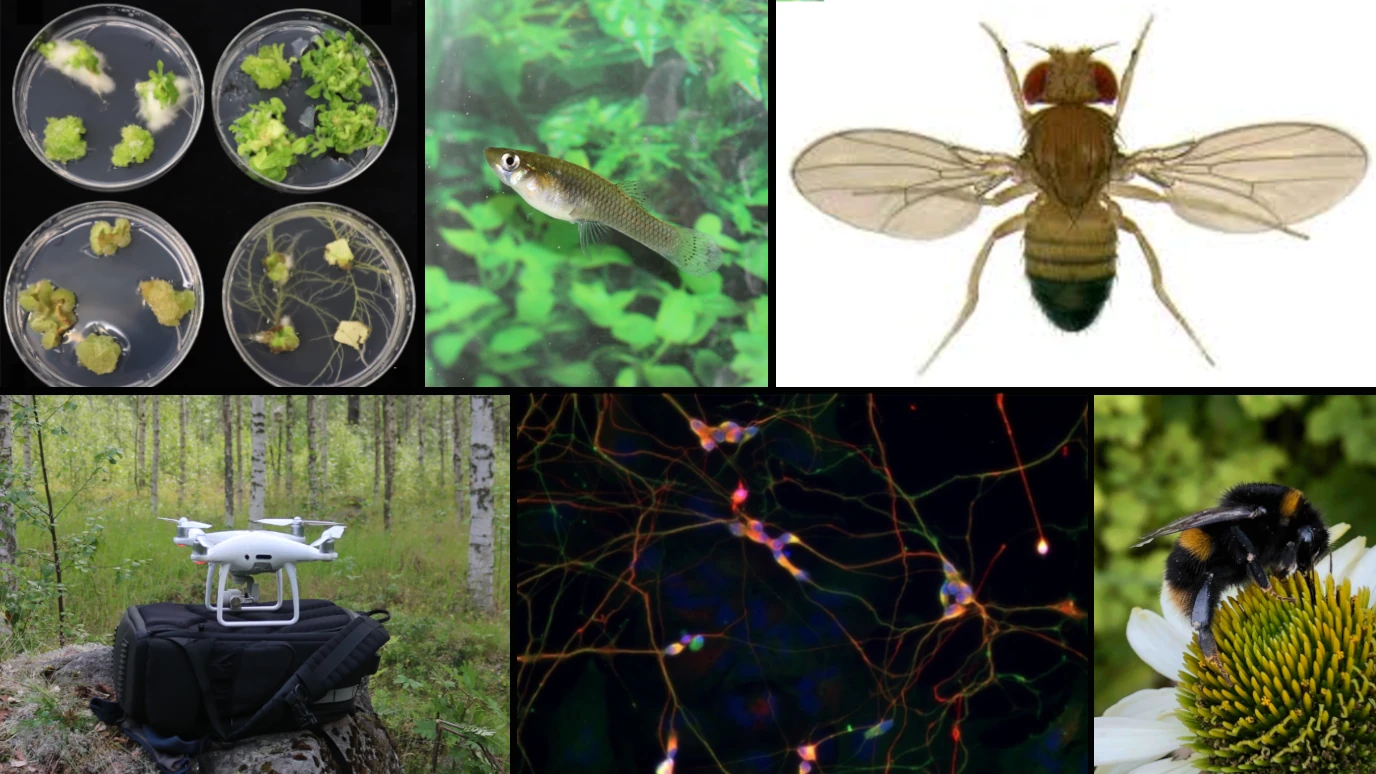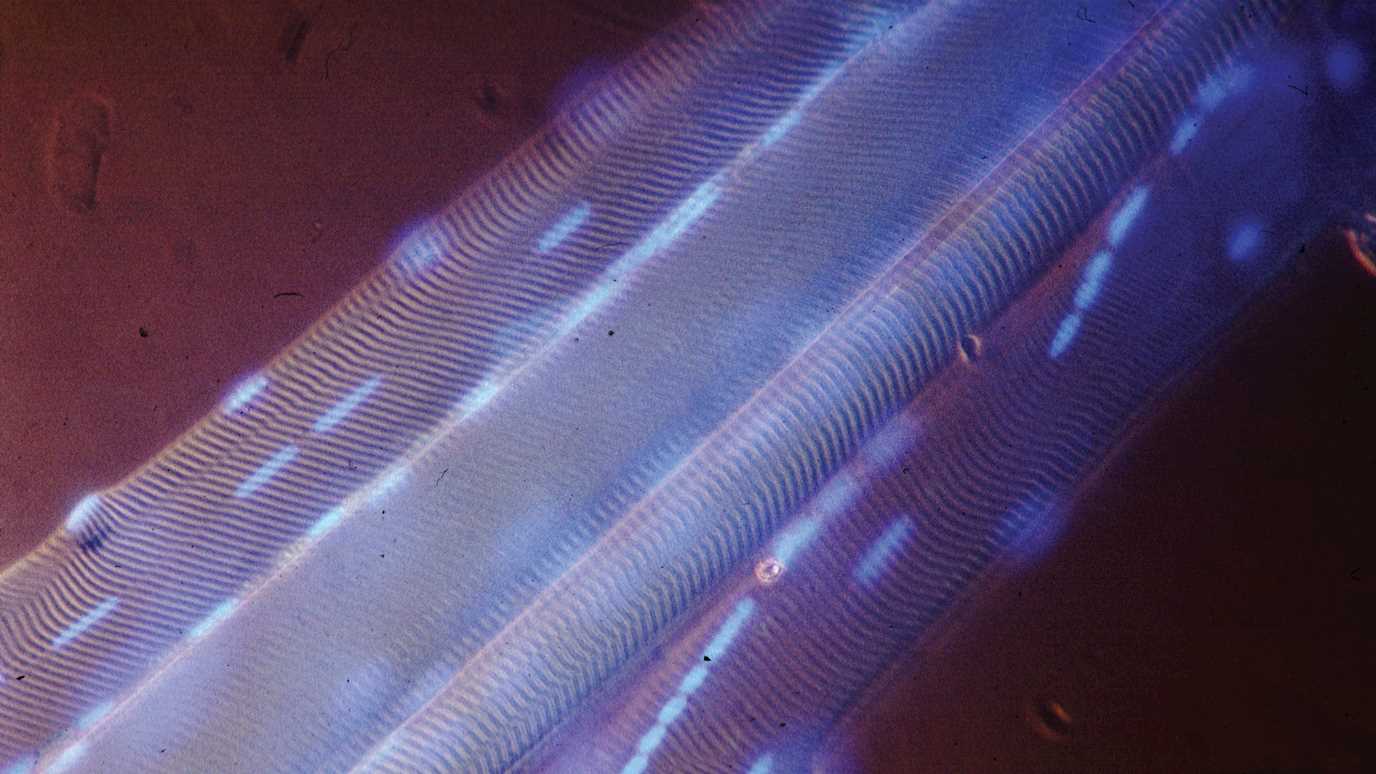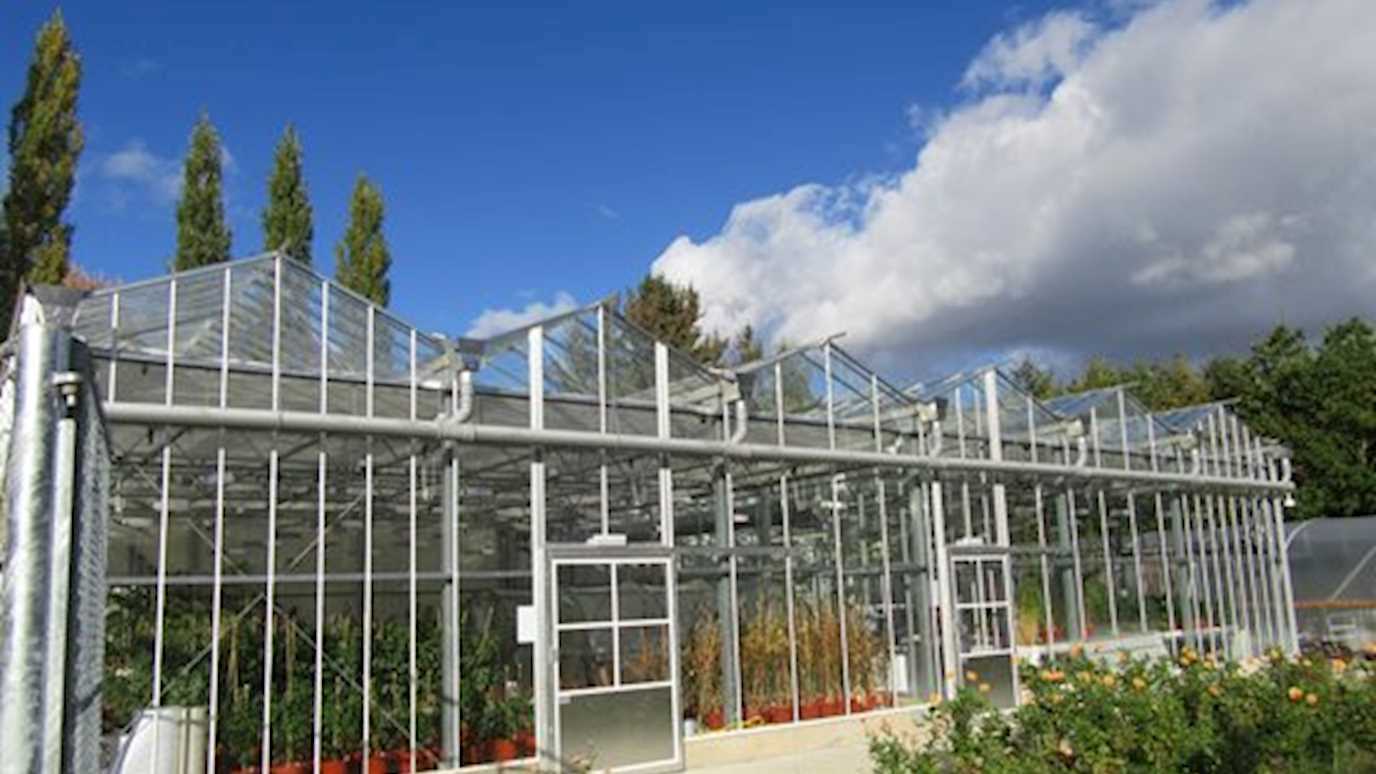Discover how research from our Department of Biological Sciences has created an impact.
1 - Industrial, educational, and scientific beneficiaries of novel carotenoid technologies
Research developed by the team around Professor Paul Fraser at Royal Holloway has addressed the major challenges of nutritional security and the replacement of fossil fuel-derived manufacturing. This research led to (i) the generation of food crops biofortified with health-promoting carotenoids such as lycopene and β-carotene and anthocyanins and (ii) the production and technical feasibility of novel, sustainable platforms for nutritional and industrial carotenoids. Consequently, this research enhanced industrial R& D across the cosmetic, food, feed, agricultural, health and pharmaceutical sectors, improved UK science education in nutrition and biotechnology, produced high value chemicals, and provided enabling technologies for industrial exploitation and the scientific community.
For more information please click here.
2 - Improving crop seed quality through environmentally sustainable technologies to benefit the seed industry and promote food security
High-quality seed is essential for enhanced seedling performance under stress (climate change) and consequently for yield and food security. Research by RHUL's Seed Group of Professor Gerhard Leubner and Dr Tina Steinbrecher has led to environmental-friendly technologies that refine quality, storability and resilience of crop seeds (2019 global seed market USD61,500,000,000). This has commercially benefitted the world's leading sugar beet seed supplier (KWS SAAT SE) by enabling it to improve production, quality control processes, and sustainable technology. In the UK, the research has facilitated the 'Rocket Science Project' for food security and climate change awareness, and helped a leading inde-pendent vegetable seed and breeding company (Tozer Seeds) to advance quality management and driving employment opportunities and an investment of GBP500,000 in a new R&D facility.
For more information please click here.
3 - The effects of pesticides on bumblebees
A large five-year European-wide research project, led by Professor Mark Brown at Royal Holloway has confirmed that commonly used pesticides in agriculture are still significantly harming bumble bees, with colonies growing less and producing fewer offspring.
The report supports the need for sustainability goals to reduce pesticide use and risk – critical challenges highlighted at the Convention on Biological Diversity’s COP meeting and a vital part of the European Farm to Fork strategy – with anticipated benefit to bees and, potentially, their pollination services.
For more information please click here.

From left to right, top to bottom: Plant regeneration; Gambusia holbrooki; Drosophila melanogaster; drone about to assess forest canopy structure; human motor neurons; Bombus terrestris

























